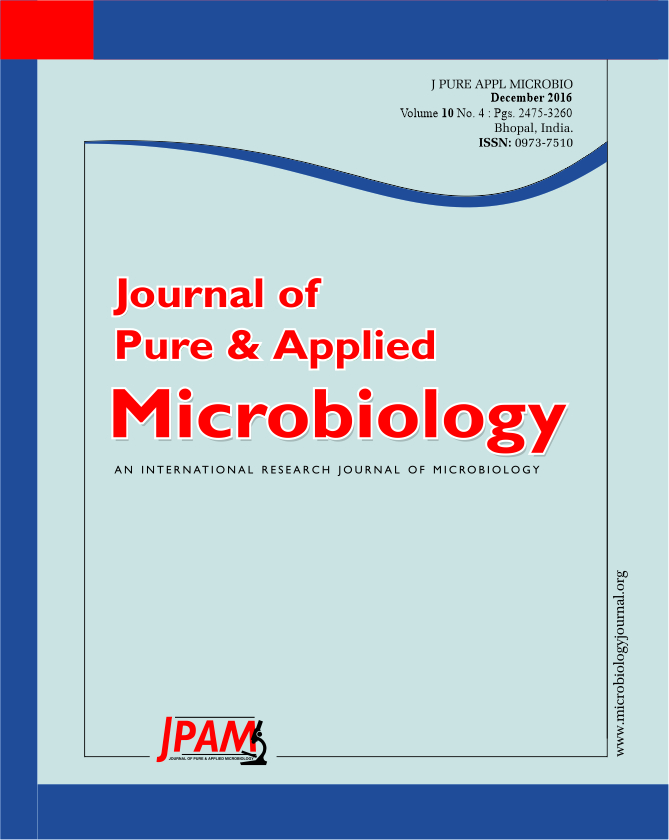S. aureus Urinary Tract Infections had emergence of resistance against commonly used antibiotics and especially methicillin. The present investigation was done to study the prevalence rate and antibiotic resistance pattern of the MRSA strains isolated from immunosuppressive patients suffered from UTIs. One-hundred and twenty urine samples were collected and cultured. Those that were positive for S. aureus, were subjected to PCR and disk diffusion method. Of 120 urine sample studied, 10 samples (8.33%) were positive for S. aureus. Prevalence of MRSA among the bacterial isolates was 5.83%. MRSA strains had the highest levels of resistance against ampicillin (100%), penicillin G (100%), tetracycline (85.71%), ciprofloxacin (85.71%), amikacin (71.42%) and trimethoprim-sulfamethoxazole (71.42%). The lowest levels of resistance were seen against imipenem (14.28%) and clindamycin (28.57%). Considering the high prevalence of MRSA and its emergence for antibiotic resistance, rapid identification of infected immunosuppressive patients and their quick treatment with imipenem and clindamycin are recommended.
Methicillin resistant, Staphylococcus aureus, Antibiotic resistance, Immunosuppressive patients, Pyelonephritis.
© The Author(s) 2016. Open Access. This article is distributed under the terms of the Creative Commons Attribution 4.0 International License which permits unrestricted use, sharing, distribution, and reproduction in any medium, provided you give appropriate credit to the original author(s) and the source, provide a link to the Creative Commons license, and indicate if changes were made.


